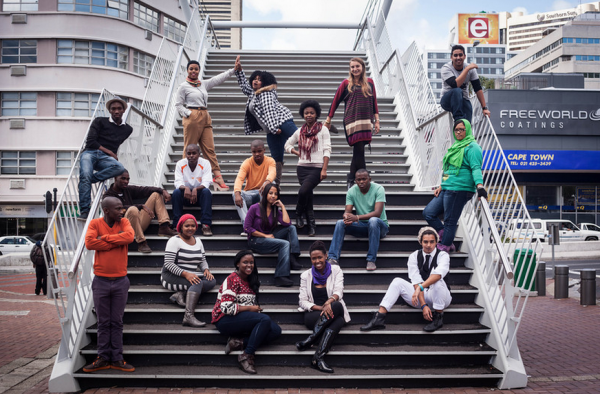Earlier this year, as part of our joint workshop with the Transparency & Accountability Initiative and the GPSA, Rosemary McGee wrote about the importance of understanding citizen-led accountability programmes and actions from the perspective of the state.
She argued that citizens seeking to demand more accountable governance can be much more successful if they “consciously adopt new perspectives and look at the state dynamically, close-up, from the inside out, and the outside in.”
In other words – if you want government to change, you simply must understand how government works, and why.
Last month, I spoke with Livity Africa, who work on connecting youth audiences with South Africa’s political process. I asked them about their lessons for other projects, and found that, like Rosemary, they also stress how critical it is to build a detailed understanding of how and when government works.
Timing is everything
We're publishing this blog in December, and if you’re reading it, you may well be on Christmas break. But wherever you are in the world, organisations tend to get less done during major holidays or religious festivals – because a lot of people are on leave.
It’s common sense, and yet it’s often not written into project proposals and understood as a significant risk.
For short-term projects, who have little control over if or when their application for funding is approved, this can be problematic. Livity Africa's ‘Parliament Challenge’ was a competition designed to find ideas for policy change that came from youth, and would then be presented in parliament – but the timing of the project simply didn’t fit with government schedules:
We started engaging with government in the second half of the year when they are already ‘closing’. Then it is very difficult to engage them with a proposal for a policy change, no matter how small.
- Sid Sidwaba, Livity Africa
The team say they'd advise other projects in South Africa that the best time to engage with government is actually in the first quarter of the year, when the committees’ programmes are reviewed – projects need to submit their proposals for government cooperation at a time when plans are being approved, otherwise they may have missed out for another year.
Figure out the difference between who is in charge and who can implement change
In South Africa, one of the best ways to influence policy-makers is to directly communicate with the Committees (which consist of Members of Parliament), because they have legislative power. But when Livity first approached the national government, they got sent on a time-consuming detour:
When you want to get in touch with government in South Africa, they often direct you to the Secretary to Parliament. For us this has slowed down the process substantially, as we did not get any further this way.
- Sid Sidwaba
Governance projects are trying to change systems and processes, but they need to work with people and power dynamics to do so.
Livity recommends that projects map out who is actually open to talking with them vs who is able to exert influence – one could lead to the other.
Politicians are people too…
Working with our Communities of Practice in Ghana, it was good to see Livity’s recommendations at work in other successful projects.
The blog that emerged from the Ghana meetings, ‘Politicians are people too’, quotes a discussion on how creating change really does mean working together with government actors.
From discussions with projects in Ghana it seemed that in local government, the divide between the public and the people in charge of public money and services is smaller – and that it’s easier to both understand the constraints individual stakeholders work under, and to create partnerships that overcome them.
The trick seems to be taking that up to national and international level, and perhaps the first question we should be asking projects is not ‘what is the change you can make?’ but ‘how, when and with who can you work to create change’?
